THREAD: What happened when @propublica staffers used our new database to look up where their raw chicken/turkey came from?
(It also shows how often high-risk strains of salmonella were found at each processing plant)
What they found isn’t for the faint of stomach.
First up...
(It also shows how often high-risk strains of salmonella were found at each processing plant)
What they found isn’t for the faint of stomach.
First up...
Who:
@schwanksta, who runs the team that produced the database
What:
Ground turkey
Purchased at:
@Wegmans in Brooklyn, NY.
High-risk salmonella:
Found in 17.5% of samples at the processing facility.
“But I made meatballs!” Ken exclaims.

@schwanksta, who runs the team that produced the database
What:
Ground turkey
Purchased at:
@Wegmans in Brooklyn, NY.
High-risk salmonella:
Found in 17.5% of samples at the processing facility.
“But I made meatballs!” Ken exclaims.

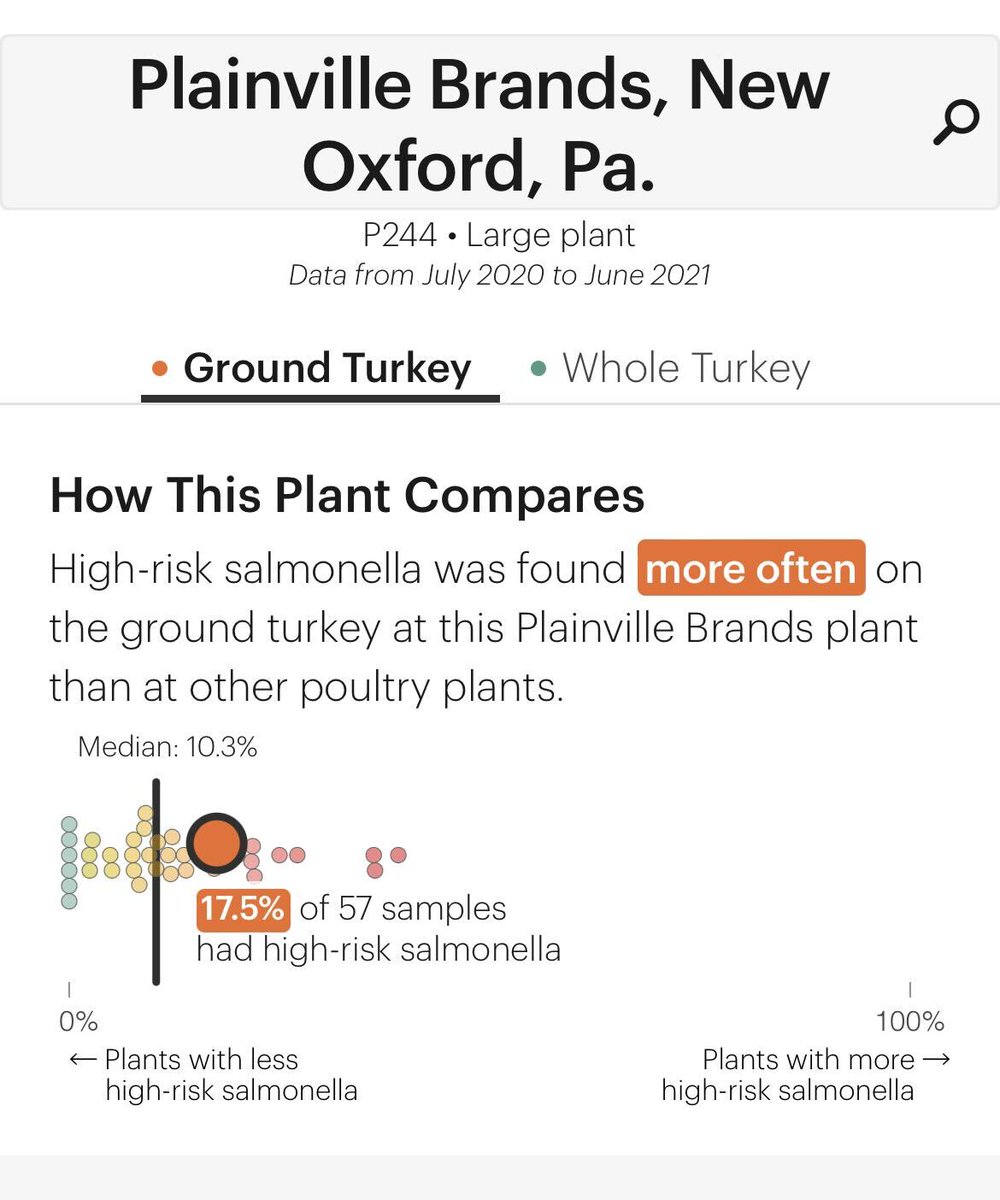
Who:
@jeremykohler, reporter
What:
Chicken breast
Purchased at:
@AldiUSA University City, MO
High-risk salmonella:
Found in 3.4% of samples at the processing facility.
Chicken was fashioned into delicious-looking chicken parm.
“Hope I don’t poison anyone,” Jeremy says.



@jeremykohler, reporter
What:
Chicken breast
Purchased at:
@AldiUSA University City, MO
High-risk salmonella:
Found in 3.4% of samples at the processing facility.
Chicken was fashioned into delicious-looking chicken parm.
“Hope I don’t poison anyone,” Jeremy says.




Who:
@HannahFresques, deputy data editor
What:
Ground turkey
Found at:
Grocer in Manhattan, NYC
High-risk salmonella:
Found in 21.7% of samples at the processing facility.
You’re probably wondering why ground turkey seems to show higher rates of Salmonella. Here’s why:

@HannahFresques, deputy data editor
What:
Ground turkey
Found at:
Grocer in Manhattan, NYC
High-risk salmonella:
Found in 21.7% of samples at the processing facility.
You’re probably wondering why ground turkey seems to show higher rates of Salmonella. Here’s why:


Ground poultry products are especially prone to salmonella contamination because:
-meat from multiple birds increases chance of cross-contamination
-the fine-textured meat can get caught in equipment
Moving on...
propub.li/3jLMM9F
-meat from multiple birds increases chance of cross-contamination
-the fine-textured meat can get caught in equipment
Moving on...
propub.li/3jLMM9F
Who:
@MichaelGrabell, a lead reporter on this project
What:
Chicken breasts
Purchased at:
@StopandShop
High-risk salmonella:
Found in 5.4% of samples at the processing facility.
In this case, this store-brand chicken actually had “better” records than name-brand items.

@MichaelGrabell, a lead reporter on this project
What:
Chicken breasts
Purchased at:
@StopandShop
High-risk salmonella:
Found in 5.4% of samples at the processing facility.
In this case, this store-brand chicken actually had “better” records than name-brand items.


Who:
@ariana_tobin, crowdsourcing editor
What:
Chicken breast
Found at:
Food Garden Market, BK NYC
High-risk salmonella:
Found in 1.8 % of samples at the processing facility.
“I haven’t eaten chicken in 20 years and I am feeling fantastic about that right now,” Ariana says


@ariana_tobin, crowdsourcing editor
What:
Chicken breast
Found at:
Food Garden Market, BK NYC
High-risk salmonella:
Found in 1.8 % of samples at the processing facility.
“I haven’t eaten chicken in 20 years and I am feeling fantastic about that right now,” Ariana says



Who:
@irenatfh, data reporter
What:
Individually wrapped boneless, skinless chicken breasts
Purchased at:
@Publix in Atlanta, GA
High-risk salmonella:
None found on the chicken parts at this plant.
“Phew,” says Irena. “This app is seriously useful for a shopper like me!”

@irenatfh, data reporter
What:
Individually wrapped boneless, skinless chicken breasts
Purchased at:
@Publix in Atlanta, GA
High-risk salmonella:
None found on the chicken parts at this plant.
“Phew,” says Irena. “This app is seriously useful for a shopper like me!”


So, what’s the deal with Salmonella?
It hospitalizes and kills more people in the U.S. than any other foodborne pathogen. Each year we see:
~1.35 million illnesses
26,500 hospitalizations
>400 deaths
While most recover, some are left with long-term conditions...
It hospitalizes and kills more people in the U.S. than any other foodborne pathogen. Each year we see:
~1.35 million illnesses
26,500 hospitalizations
>400 deaths
While most recover, some are left with long-term conditions...
Who:
@marilynt2004, senior editor
What:
Chicken thighs
Purchased at:
@Safeway, D.C.
High-risk salmonella:
Found in 3.4% of samples at the processing facility.
“But I feel good about the results!” Marilyn says.

@marilynt2004, senior editor
What:
Chicken thighs
Purchased at:
@Safeway, D.C.
High-risk salmonella:
Found in 3.4% of samples at the processing facility.
“But I feel good about the results!” Marilyn says.


Who:
@mtigas
What:
Organic chicken breast
Purchased at:
Pete’s Fresh Market, Wheaton, IL
High-risk salmonella:
Found in 21.1% of samples at the processing facility.
“Took care to cook it well, added some BBQ sauce. I’m still alive."
Glad you brought that up, Mike...


@mtigas
What:
Organic chicken breast
Purchased at:
Pete’s Fresh Market, Wheaton, IL
High-risk salmonella:
Found in 21.1% of samples at the processing facility.
“Took care to cook it well, added some BBQ sauce. I’m still alive."
Glad you brought that up, Mike...



Cooking poultry to an internal temperature of 165 degrees will kill salmonella.
But studies by the @USDA and others have found that home cooks routinely cross-contaminate their kitchens, and few have Mike’s good sense to use a meat thermometer.
propub.li/3jLMM9F
But studies by the @USDA and others have found that home cooks routinely cross-contaminate their kitchens, and few have Mike’s good sense to use a meat thermometer.
propub.li/3jLMM9F
Who:
@ashnguuu, news app developer who worked on Chicken Checker
What:
Ground @norbest_turkey
Purchased at:
@GroceryOutlet Bargain Market in the Bay Area
High-risk salmonella:
Found in 21.8% of samples at the processing facility.

@ashnguuu, news app developer who worked on Chicken Checker
What:
Ground @norbest_turkey
Purchased at:
@GroceryOutlet Bargain Market in the Bay Area
High-risk salmonella:
Found in 21.8% of samples at the processing facility.


Who:
@CarsonKessler, reporter
What:
Certified humane boneless chicken breast
Purchased at:
@fifteentwenty11, a grocery delivery service in NYC
High-risk salmonella:
Found in 9.1% of samples at the processing facility.


@CarsonKessler, reporter
What:
Certified humane boneless chicken breast
Purchased at:
@fifteentwenty11, a grocery delivery service in NYC
High-risk salmonella:
Found in 9.1% of samples at the processing facility.

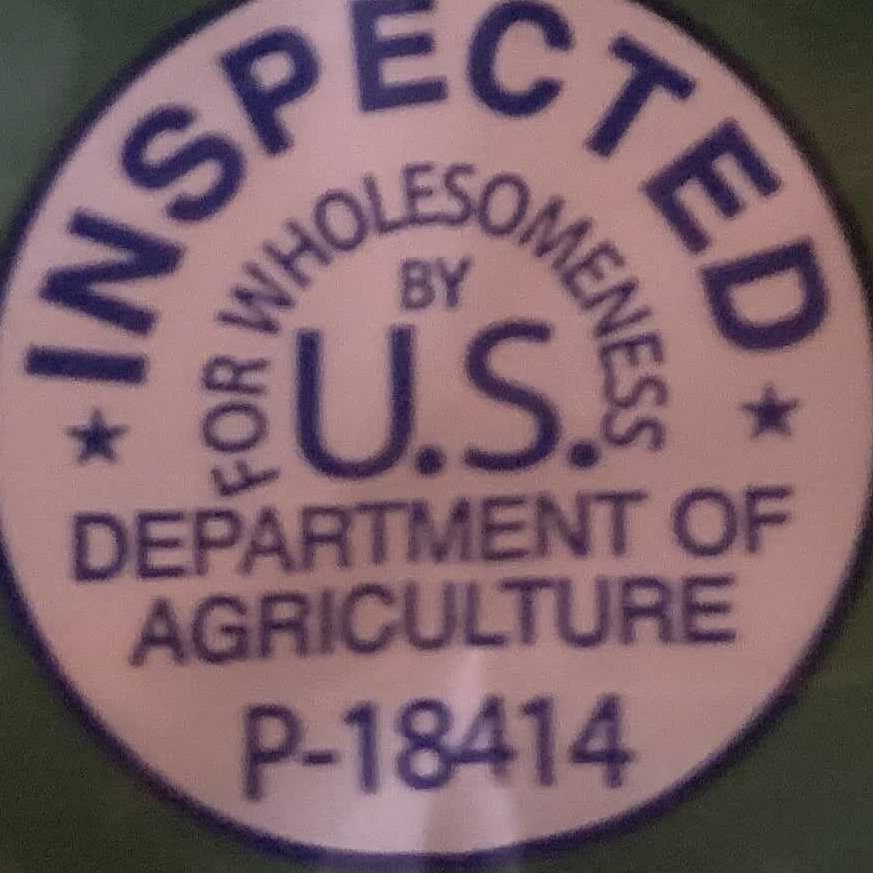

Who:
@karimdoumar, audience team
What:
Boneless skinless chicken breasts
Purchased at:
@Costco in Sunset Park, Brooklyn
High-risk salmonella:
Found in 6.6% of samples at the processing facility.


@karimdoumar, audience team
What:
Boneless skinless chicken breasts
Purchased at:
@Costco in Sunset Park, Brooklyn
High-risk salmonella:
Found in 6.6% of samples at the processing facility.



Who:
@markolalde, environment reporter, southwest
What:
Humane boneless skinless chicken breasts
Purchased at:
@safeway in Phoenix, AZ
High-risk salmonella:
Found in 4.3% of samples at the processing facility.


@markolalde, environment reporter, southwest
What:
Humane boneless skinless chicken breasts
Purchased at:
@safeway in Phoenix, AZ
High-risk salmonella:
Found in 4.3% of samples at the processing facility.



Who:
@condorgoodwing, events
What:
Organic chicken thighs
Purchased at:
Gourmet Garden Market in Flatbush, Brooklyn, NY
High-risk salmonella:
Found in 1.8% of samples at the processing facility.

@condorgoodwing, events
What:
Organic chicken thighs
Purchased at:
Gourmet Garden Market in Flatbush, Brooklyn, NY
High-risk salmonella:
Found in 1.8% of samples at the processing facility.


Who:
@tealtan
What:
Ground turkey
Purchased at:
Halsey Traders Market, Brooklyn
High-risk salmonella:
Found in 21.7% of samples at the processing facility.
If these percentages seem high, it’s b/c the @USDA can’t stop companies from selling salmonella-tainted meat to you.

@tealtan
What:
Ground turkey
Purchased at:
Halsey Traders Market, Brooklyn
High-risk salmonella:
Found in 21.7% of samples at the processing facility.
If these percentages seem high, it’s b/c the @USDA can’t stop companies from selling salmonella-tainted meat to you.


For example:
Salmonella infantis, a risky and multidrug-resistant strain, has sickened tens of thousands.
But even when people get sick, the @USDA doesn’t have the power to order a recall.
propub.li/3jLMM9F
Salmonella infantis, a risky and multidrug-resistant strain, has sickened tens of thousands.
But even when people get sick, the @USDA doesn’t have the power to order a recall.
propub.li/3jLMM9F
Wanna look up your own chicken?
Use the form at the bottom to tell us about it. (We’re investigating shipping lines.)
Proceed at your own peril:
propublica.org/chicken
Use the form at the bottom to tell us about it. (We’re investigating shipping lines.)
Proceed at your own peril:
propublica.org/chicken
More info:
Testing data spans June 28, 2020 to June 26, 2021, and is from the @USDA’s Food Safety and Inspection Service.
We defined “High-risk” salmonella as the 30 types that are most often associated with human illness, according to the CDC.
Testing data spans June 28, 2020 to June 26, 2021, and is from the @USDA’s Food Safety and Inspection Service.
We defined “High-risk” salmonella as the 30 types that are most often associated with human illness, according to the CDC.
Last week, after repeated interview requests from us and years of criticism, @USDA announced it’s rethinking its salmonella approach.
The agency didn’t announce any concrete changes but said it would set up pilot projects and hold meetings to come up with a plan.
The agency didn’t announce any concrete changes but said it would set up pilot projects and hold meetings to come up with a plan.

Our next big investigation might not churn your stomach — but it'll probably surprise you just the same.
Bon appétit: propub.li/3mpGdeF
Bon appétit: propub.li/3mpGdeF
• • •
Missing some Tweet in this thread? You can try to
force a refresh


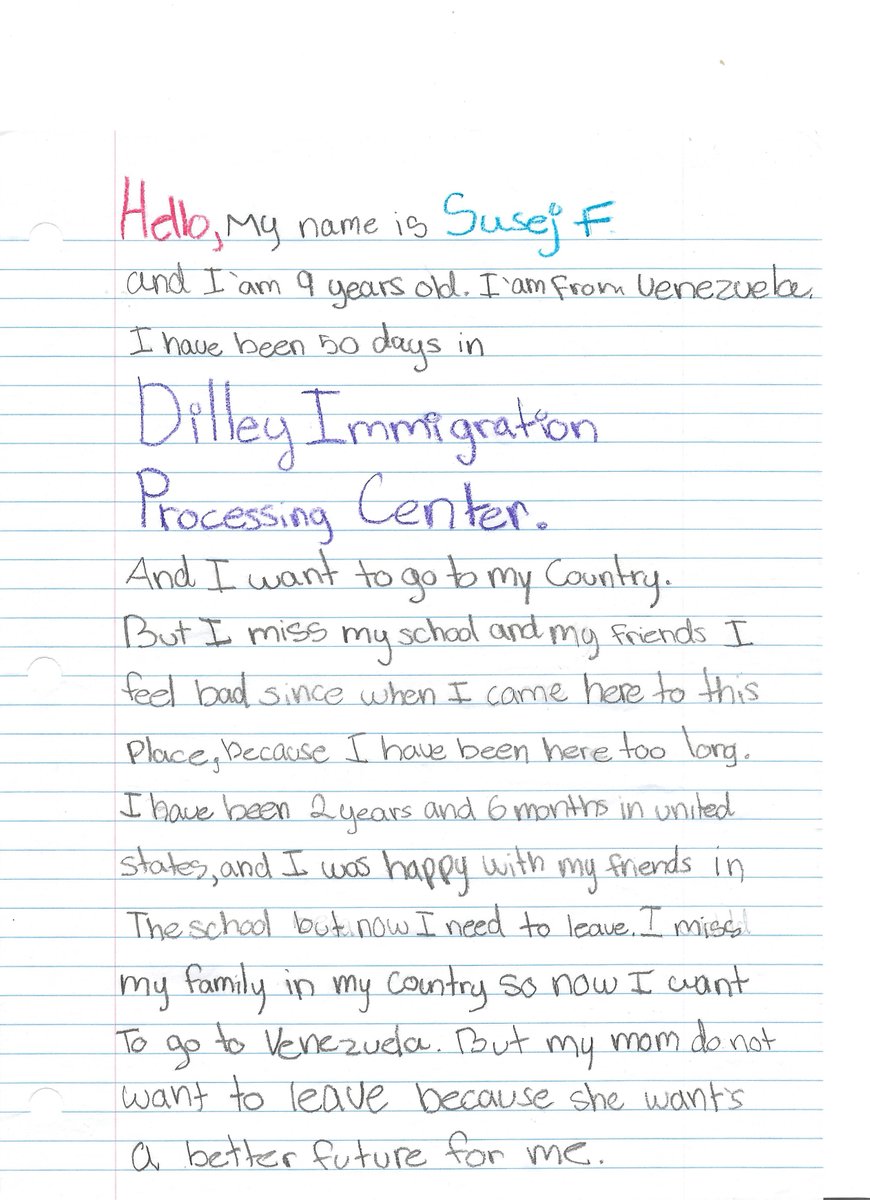
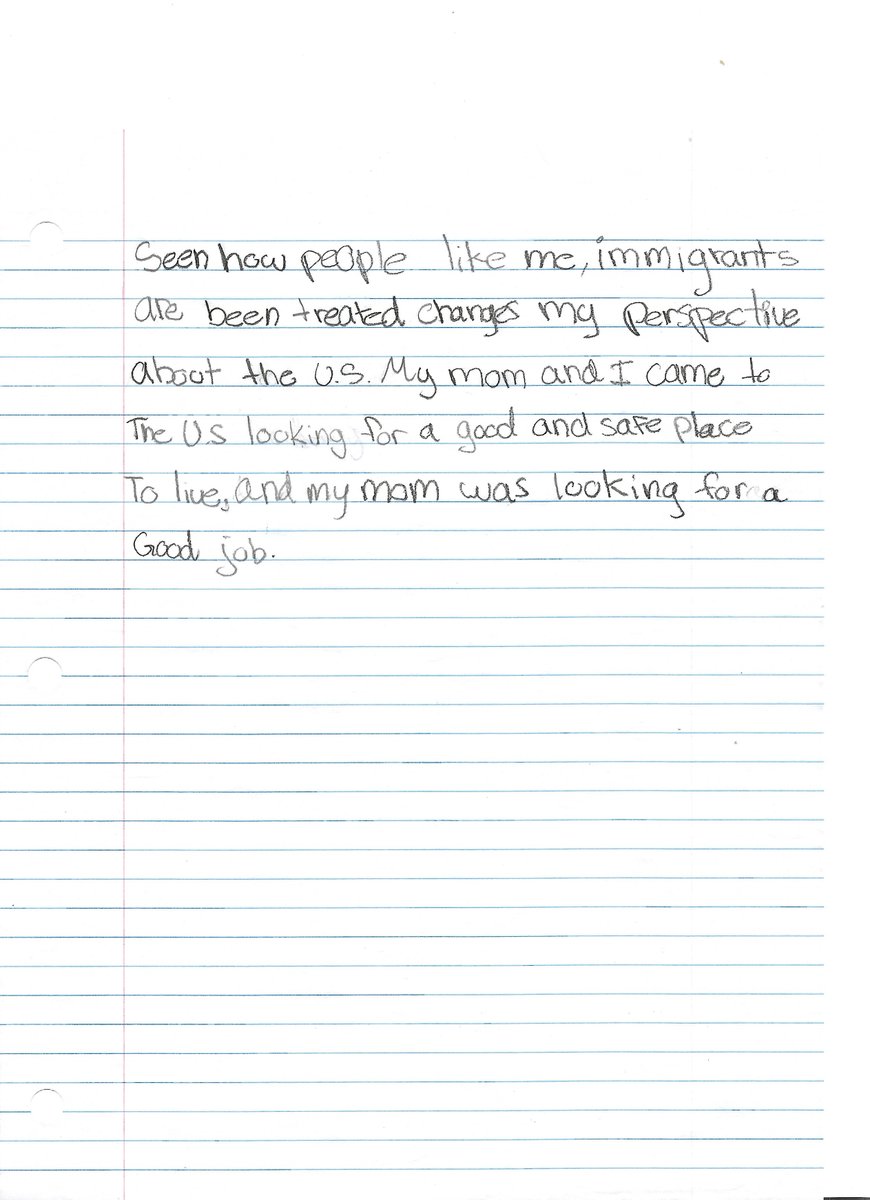
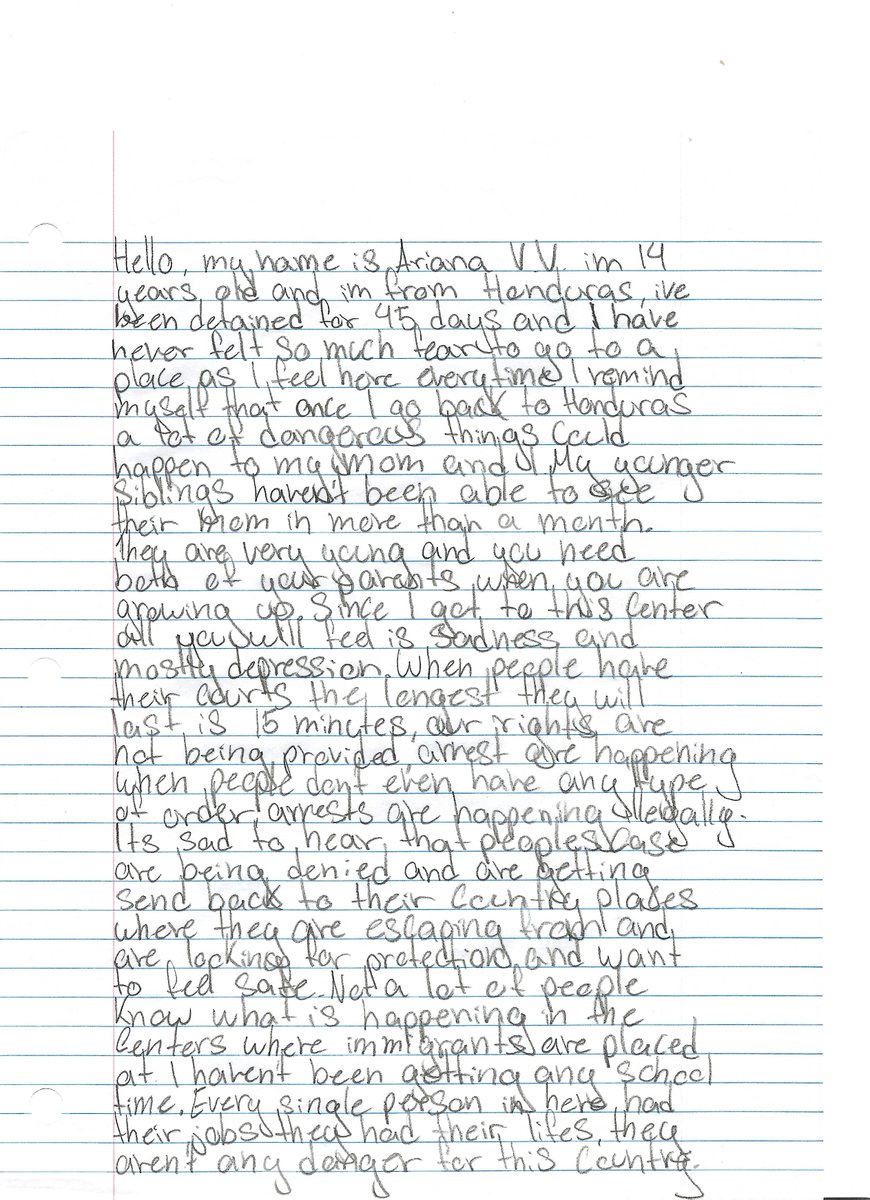
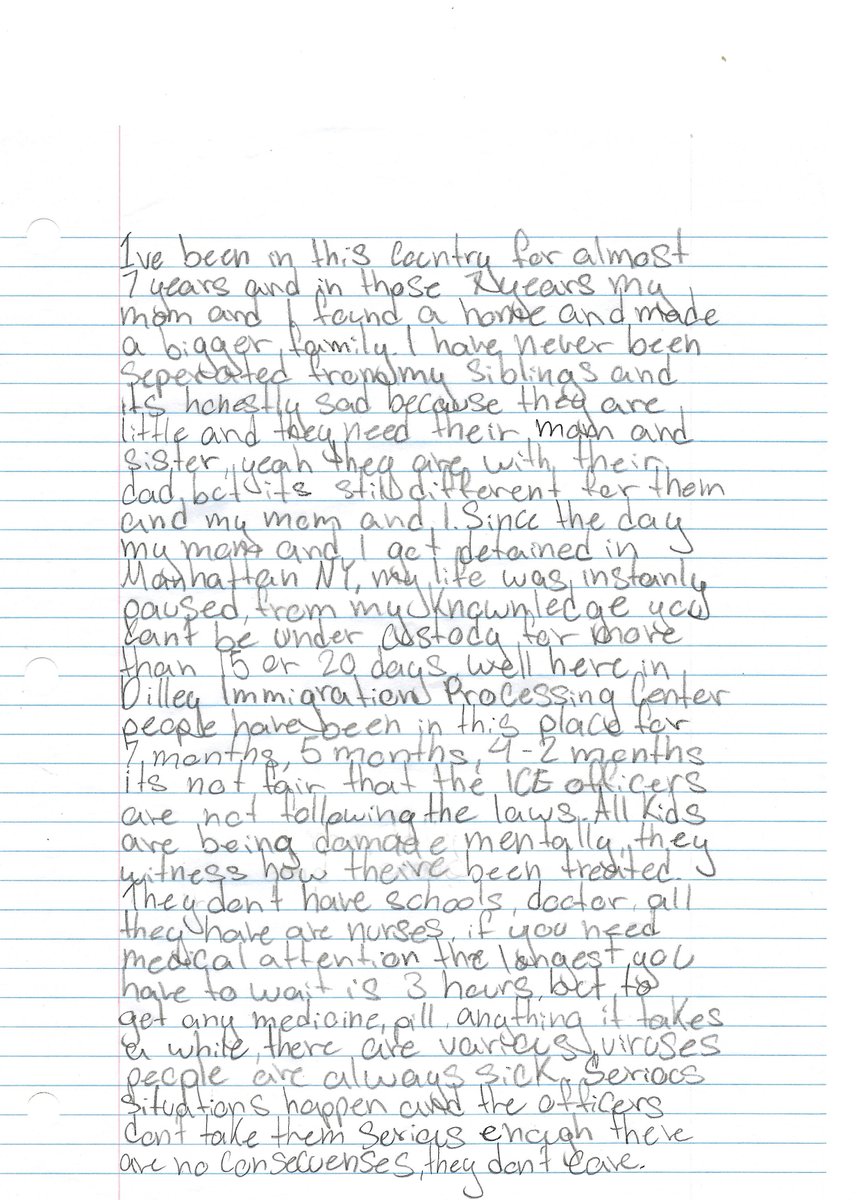


![Document with these excerpts highlighted: VICTIM 3 explained that one of the beliefs in the church is "forgive and forget," which caused confusion regarding what to do with allegations of sexual assault. VICTIM 3 explained that years ago when this happened, the way the church and community "[p]retty much, it was kind of like we could ask forgiveness about it and forget about it, but, and never talk about it again..."](https://pbs.twimg.com/media/G6PzW4SbkAAxg0S.jpg)


